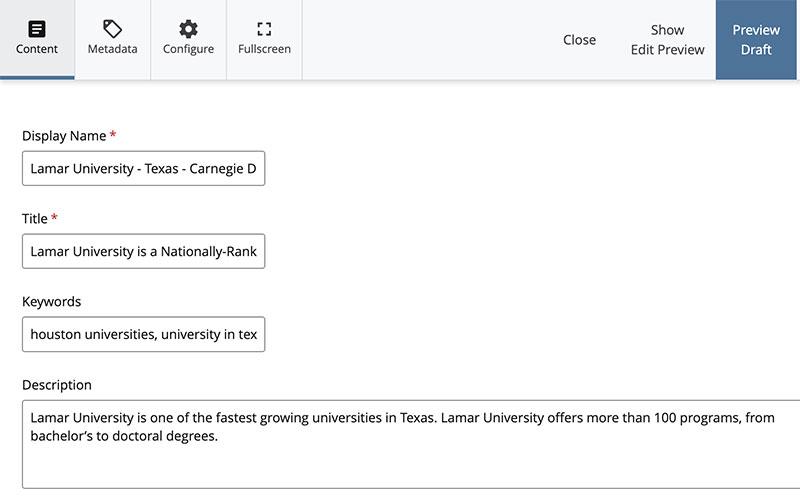Africa’s Call to Action: WHO’s Regional Consultations Ignite Hope Amid Health Worker Migration Challenges
The World Health Organization (WHO) Regional Office for Africa has recently intensified its focus on the critical issue of health worker migration-a phenomenon that jeopardizes the continent’s capacity to deliver vital healthcare services. As African health systems struggle to both attract and retain qualified medical professionals, these high-level consultations have sparked urgent conversations and collaborative initiatives aimed at mitigating the adverse effects of skilled personnel relocating to wealthier countries. Bringing together diverse stakeholders, these dialogues not only shed light on the challenges faced by African nations but also pave the way for sustainable strategies to revitalize the healthcare workforce. At this crucial juncture, Africa stands poised to implement proactive measures that could transform the future landscape of healthcare across the region.
Decoding the Exodus: How Health Worker Migration Impacts Africa’s Healthcare Landscape
The departure of healthcare professionals from African countries presents a formidable obstacle to the continent’s medical infrastructure, deepening existing shortages in both human resources and essential services. Recent WHO consultations emphasize that this migration crisis extends beyond mere staffing deficits; it threatens the long-term viability of public health programs critical to millions. Key repercussions include:
- Escalating Workforce Deficits: Nations with high emigration rates face acute shortages, especially in rural and underserved communities where healthcare access is already limited.
- Declining Patient Outcomes: Reduced availability of skilled health workers correlates with increased disease burden, higher mortality rates, and compromised quality of care.
- Loss of Expertise (“Brain Drain”): The outflow of experienced professionals creates knowledge vacuums that hinder innovation and the advancement of local health systems.
- Widening Health Disparities: Vulnerable populations bear the brunt as inequities in healthcare access intensify between urban centers and marginalized regions.
Tackling these multifaceted challenges demands comprehensive policy reforms, strategic alliances, and substantial investment in domestic health infrastructure. The WHO has underscored several retention-focused initiatives designed to nurture talent within Africa:
| Program | Description |
|---|---|
| Retention Incentives | Enhancing remuneration packages and improving workplace conditions to encourage professionals to stay. |
| Continuous Professional Development | Offering accessible training programs that advance skills without necessitating migration abroad. |
| Ties with Academic Institutions | Cultivating partnerships with universities to ensure a steady influx of qualified healthcare graduates aligned with local needs. |
WHO-Led Initiatives: Crafting Solutions to Retain Healthcare Talent Across Africa
In response to the escalating crisis, the WHO Regional Office for Africa has convened urgent consultations emphasizing innovative approaches for retaining medical personnel. These discussions have yielded actionable recommendations urging governments to:
- Create Competitive Compensation Structures: Align salaries and benefits with international standards where feasible, reducing financial incentives for migration.
- Cultivate Clear Career Progression Paths: Establish transparent frameworks enabling professional growth that motivate long-term commitment within national systems.
- Energize Work Environments: Prioritize safe facilities equipped with adequate resources alongside supportive management practices fostering job satisfaction.
- Pursue Community Integration Efforts: Encourage active participation in local health projects which strengthen bonds between workers and their communities-boosting morale and retention rates alike.
Moreover, these consultations highlight an urgent need for regional cooperation aimed at harmonizing policies addressing root causes behind workforce migration. By sharing successful models across borders, African countries can develop unified strategies promoting equitable resource distribution while enhancing overall system resilience.
| Main Focus Area | Spearheaded Actions | ||
|---|---|---|---|
| Salaries & Benefits Enhancement | Aim at raising pay scales coupled with comprehensive benefit schemes tailored toward retention. | ||
| Mental Health & Professional Growth Support | Create mentorship networks alongside ongoing education opportunities fostering career longevity. | ||
| The Work Environment | Diversify safety measures; improve infrastructure; implement employee wellness programs. | ||
| Civic Engagement & Volunteerism | Nurture community-based initiatives encouraging ownership among healthcare providers.
Building Resilient Healthcare Systems: Strategic Measures Against Migration Pressures and Beyond
To effectively counteract the detrimental effects caused by health worker migration while strengthening African health infrastructures overall, recent WHO-led dialogues have proposed a series of targeted strategies focused on capacity building:
|

